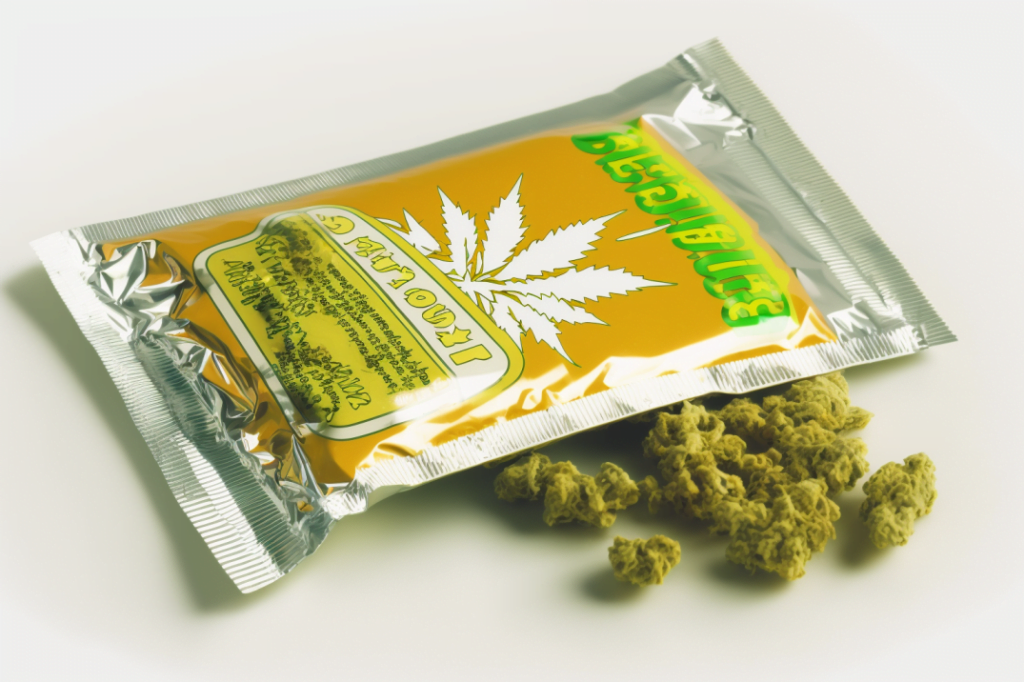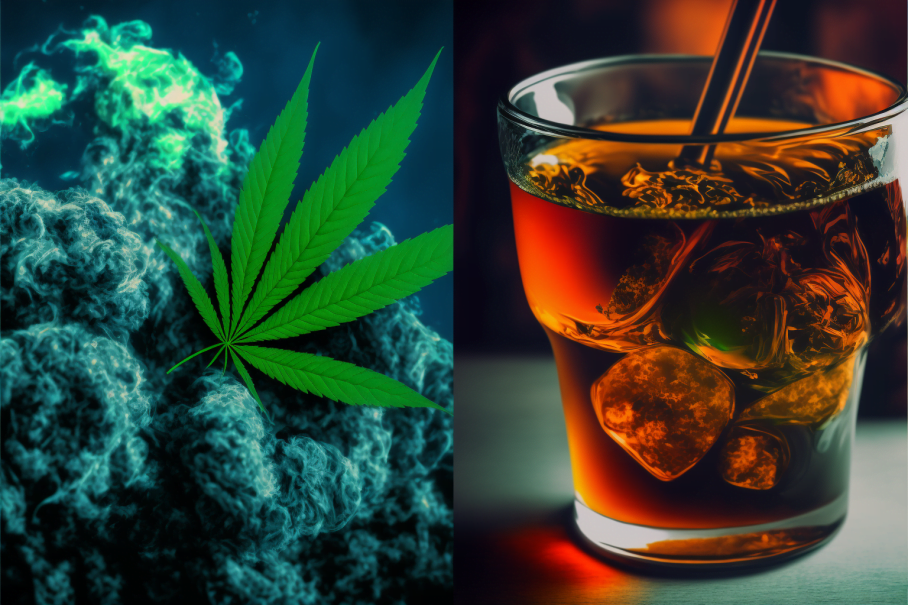English
What is synthetic cannabinoids ?
Synthetic cannabinoids are a class of synthetic drug molecules that bind to the same receptors as the cannabinoids (THC, CBD and many others) found in cannabis plants. These new psychoactive substances should not be confused with synthetic phytocannabinoids (chemically synthesised THC or CBD) or synthetic endocannabinoids, from which they are distinct in many ways.
Typically, synthetic cannabinoids are sprayed on plant material and are usually smoked, although they are also ingested as a concentrated liquid in the US and UK since 2016. They are marketed as herbal incense or ‘herbal smoking mixtures’ and sold under common names such as K2, spice and synthetic marijuana, and are often labelled ‘not for human consumption’ for liability reasons. A large and complex variety of synthetic cannabinoids are designed to avoid the legal restrictions on cannabis, making synthetic cannabinoids designer drugs.
Can synthetic cannabinoids be a potential cause of death?
Yes. In 2012, a 16-year old died in a hot tub from lung failure induced by synthetic cannabinoids.
Using synthetic research chemicals that act like some cannabis compounds, underground chemists have produced a drug that mimics some of the euphoric and dilating properties of marijuana. There’s only one problem, but it’s life-threatening: K2, Spice and other imposters can have unpredictable repercussions. Headaches, agitation, loss of vision, sweating, vomiting, increased heart rate, paranoia, hallucinations and seizures are just a few of the full spectrum of its side effects.
Besides production errors, questionable ingredients and unreliable sources, what makes synthetic cannabinoids unsafe for human consumption? They bind to the same receptors as cannabis herb – and that’s safe, right? Synthetic cannabinoids can be 2 to 100 times more potent than regular cannabis. While the THC in cannabis acts as a partial agonist, synthetic cannabinoids are full agonists, which means they reach the receptors with maximum potential. They are therefore not only more potent, but also more effective in altering communication between brain cells.
These binding sites are found throughout our brain and are connected to our central nervous system. They influence many important functions, from breathing to heart rate. Synthetic cannabinoid metabolites also appear to bind to the receptor sites and remain active, while those in natural cannabis do not. Natural marijuana contains a range of chemicals that modulate the effect of THC. CBD helps balance the effects of THC, reducing many of its unpleasant side effects, such as anxiety. Terpenes also have anti-anxiety properties. The hundreds of cannabinoids and terpenes in the cannabis plant work together to create a wonderful network of effects that synthetic cannabinoids do not.
Questions remain about how synthetic cannabinoids can alter the structure of our natural endocannabinoid system. Our bodies produce natural cannabis-like compounds called endocannabinoids that bind to the same receptors we have discussed. These endogenous compounds are responsible for many homeostatic functions, and the basis of many diseases comes down to deficiencies or overabundance of endocannabinoid activity. This is why cannabis works so well medically, but dosage is key. If the dose is too high, the effect will not only be therapeutic, it can also cause problems.
With natural cannabis ,an overdose is short-lived and can cause anxiety, panic and vomiting, among other symptoms. But the dose is not high enough to induce side effects such as those associated with synthetic cannabinoids – convulsions, coma, suicidal psychosis, etc. Furthermore, we do not yet know exactly how synthetic cannabinoids affect the concentration of receptor sites, the production of endogenous chemicals, etc.
So the conclusion is: synthetic cannabis is bad, and it’s only getting worse. If you have friends or family members who are interested in K2, Spice or other synthetic cannabinoids, explain to them why synthetic cannabinoids are not cannabis.
John W. Huffman, the man who invented the chemicals that people abuse:
“People who use them are idiots. You don’t know what it will do to you.
Related articles :
Published by Sakul
29/03/2023choose and buy cannabis seeds from our offer
our pleasure


























